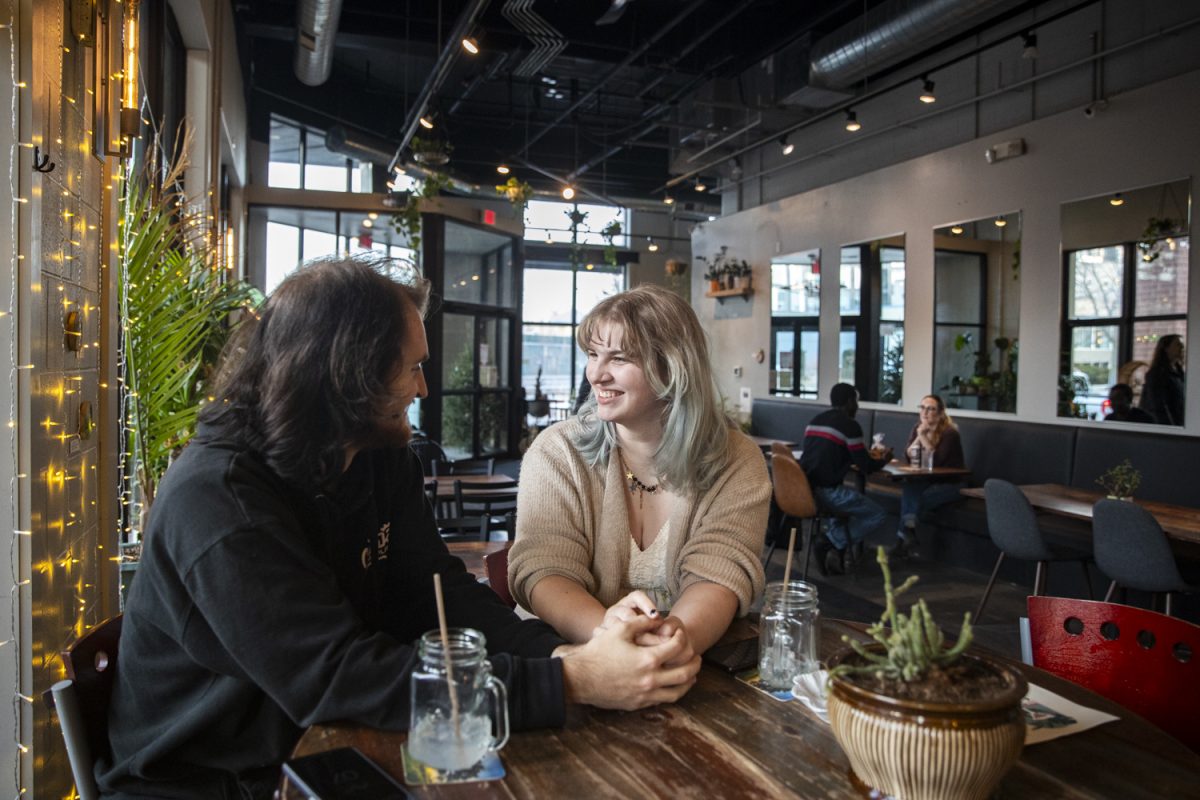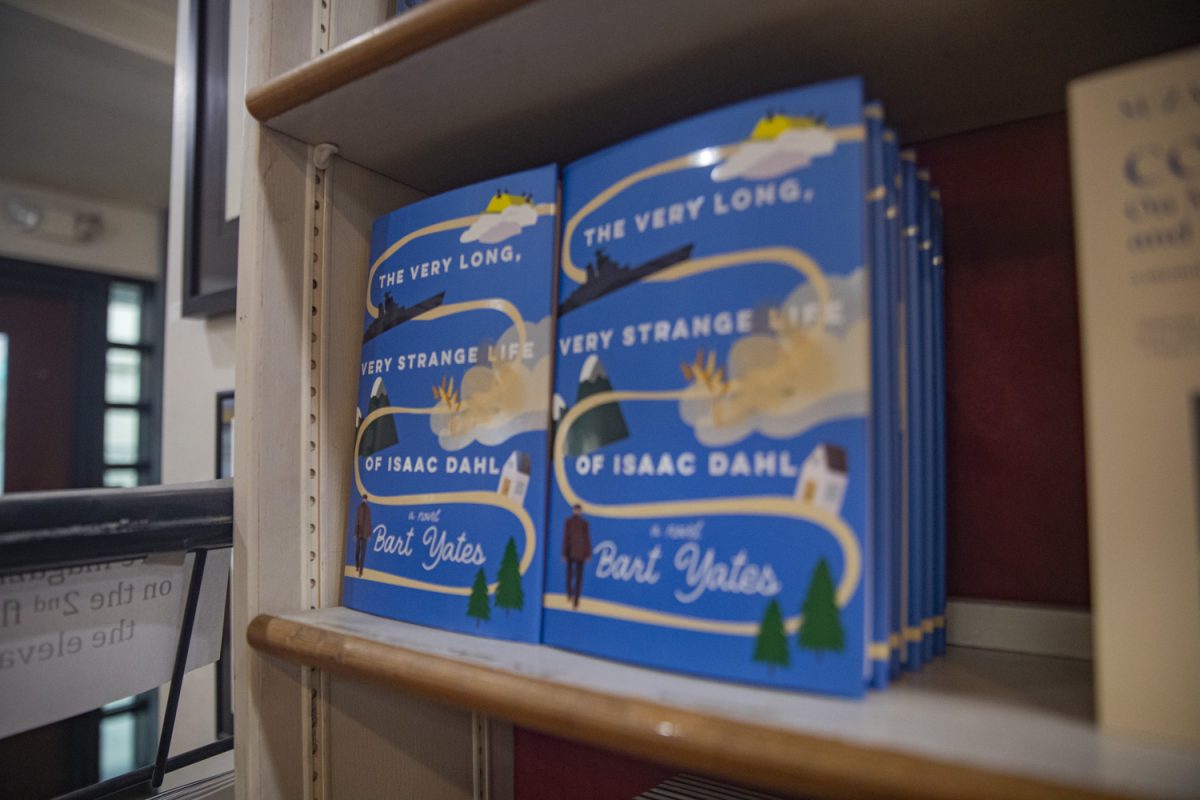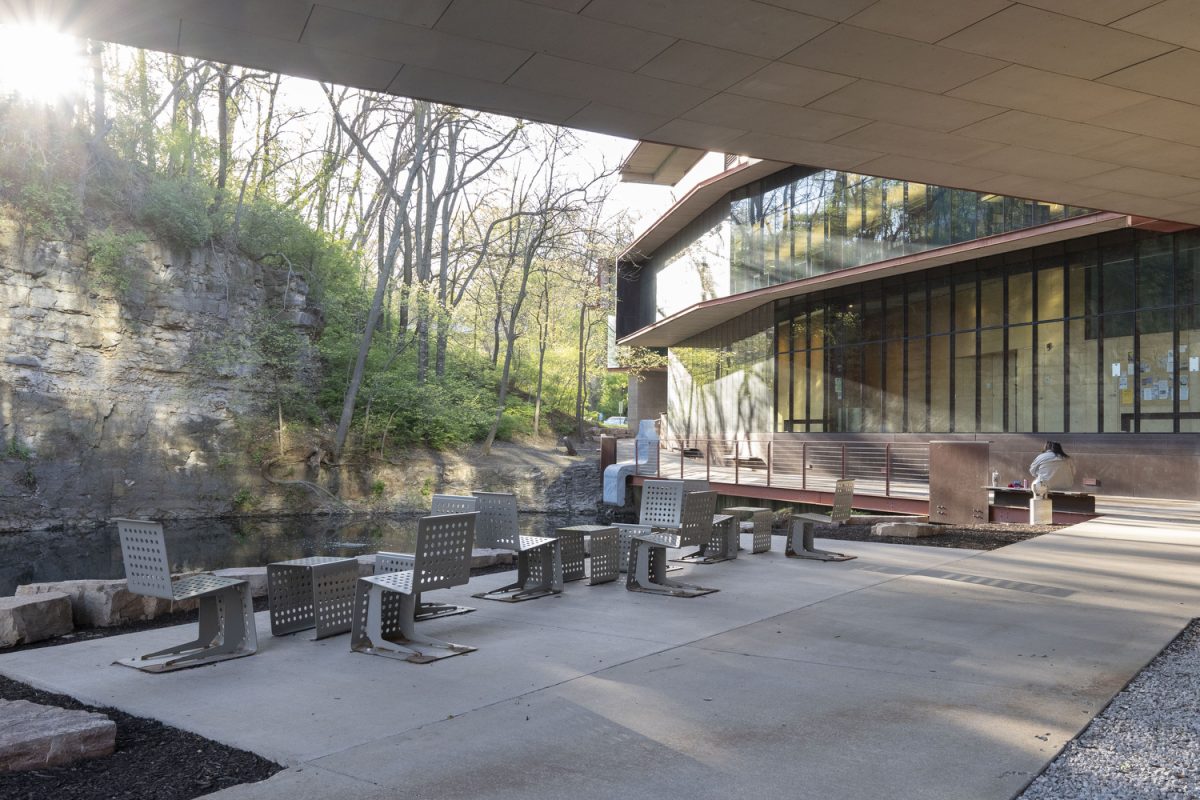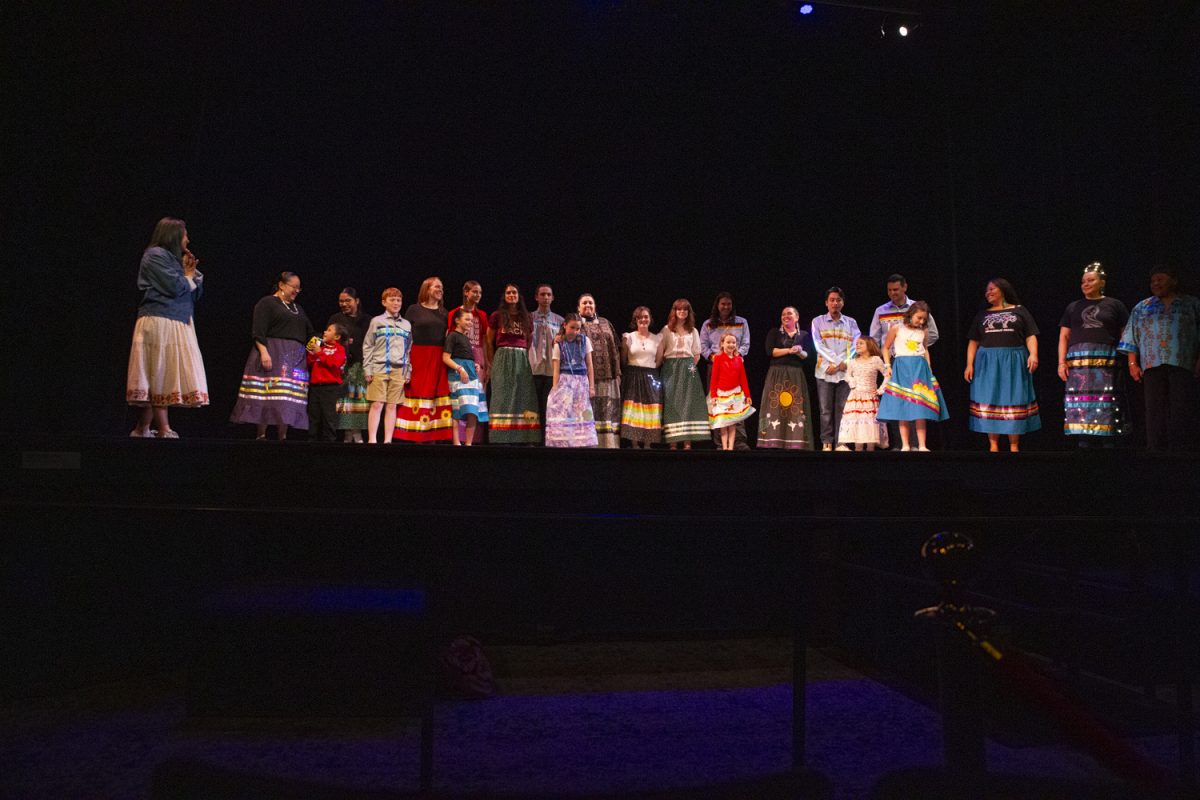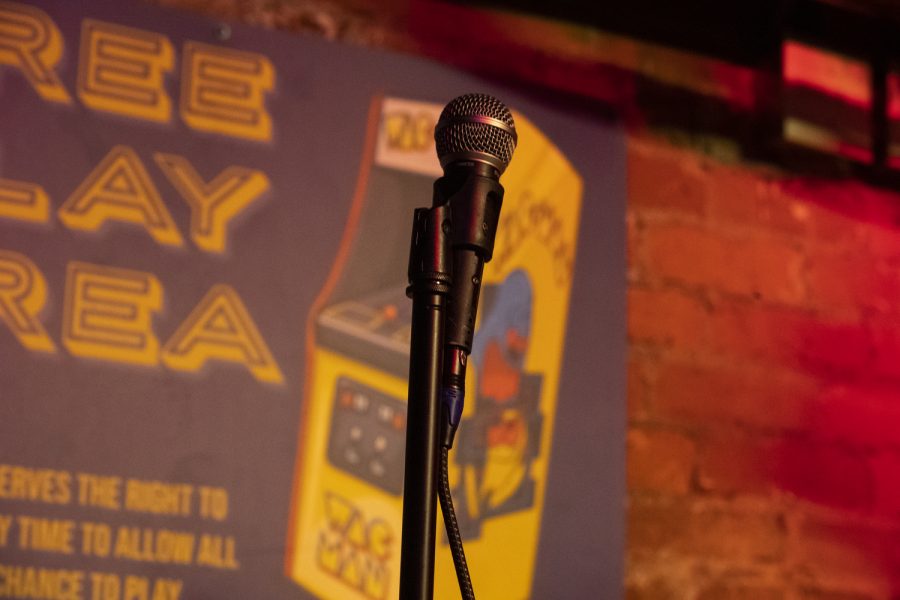When Iowa City resident Magnus Wilson imagined meeting the love of his life, he never expected it to happen through an app. To his surprise, it was through the likes of Tinder that he was connected to his now-fiancé.
Wilson, who said he is naturally introverted, met his soon-to-be wife almost three years ago on Tinder.
“I’m not known for going out all too often, so my social circles aren’t expanding very often,” Wilson said. “I mean, of course you can run into the right person at some point, but it’s a lot easier when you can just showcase the things you like [online] and have people with similar interests naturally come your way.”
With the two preparing for their upcoming wedding in June, Wilson is an outspoken advocate for dating apps, which he perceives to be a solution to social anxiety.
After initially matching on Tinder, their first in-app conversation was about their shared love for video games, an interest that they both boasted on their profiles.
Wilson said this conversation starter would be impossible in the real world without first knowing a bit about the person via their profile.
“I would say [dating apps] help bring people together. I never would have met my fiancé without being on a dating app, I would be amazed if we would’ve ever met otherwise,” he said. “That saved me from what could’ve been many awkward dates.We weren’t trying to make up any sort of character for the other person to like.”
A 2019 study by Pew Research Center reported that nearly half of U.S. adults 18-29 years old reported using popular dating apps like Tinder, Bumble, Hinge, and Grindr at some point in their lives. Of that population, 17 percent have pursued long-term relationships or even marriages with someone they met through a dating app.
These platforms are even more common among the LGBTQ+ population, with the same study finding more than half of the lesbian, gay, and bisexual communities have used a dating app, of which 20 percent have pursued marriage or another form of long-term commitment.
On the contrary, the same study cites dating apps have left users “feeling more frustrated” at 45 percent, rather than the “hopeful” 28 percent.
While Wilson’s success story is one of many, it is also one that is heavily contrasted by the number of negative experiences users reported such as harassment and unwarranted advancement.
Other users, like University of Iowa fourth-year student Myles Evangelista, don’t share Wilson’s positive sentiments about dating apps.
“I was dating my long-distance sweetheart who was at school in Wisconsin,” Evangelista said. “They were trying to cover up the fact that they were cheating on me, but when I confronted them about having Tinder, they said it was just like a game on their phone, swiping through people for fun.”
Evangelista’s partner claimed the usage of the app was harmless — that they were using it to look for friends and, if Evangelista were to try it, they would feel the same way.
Finally giving in, Evangelista allowed their partner to create a Tinder account for them, a period they claimed was short-lived.
“I mean I guess you can play with your friend’s matches like it’s Solitaire [in which] you, the player, are not facing any consequences from whatever matches you end up making for them, but I don’t think it’s ever really thought about from the person’s perspective who gets matched with,” they said. “I didn’t end up making any friends from it and it was just kind of a mess overall.”
Because of this negative experience, Evangelista’s attitude toward dating apps entirely contrasts Wilson’s fondness.
“I think the hard part with [dating apps] is that everyone wants to put their best foot forward, so what’s put out there might not be reflected in person,” Evangelista shared.
Wilson, however, suggested that dating apps could do more to encourage platonic connections.
“[Dating apps] could be applied for people to meet friends if there was an equivalent system as there is now to dating. If there was a way for you to look specifically for a group of people to play Minecraft with, for example, or a knitting club or something. It could really be applied to anything,” Wilson said.
One dating app, Bumble, has pioneered the friend-finding format with its creation of Bumble For Friends, or Bumble BFF. However, some users of this service have suggested the app’s approach to a platonic match-making service fails to promote genuine friendships, instead prioritizing a user desire for quantity of matches over their quality.
For UI student RaNeisa Herbert, she used Tinder both conventionally and unconventionally. Not only did she meet her current partner using Tinder, but she also met two of her closest friends.
During the COVID-19 pandemic, Herbert and her roommate struggled to find people to hang out with under the conditions of the lockdown. On a whim, they decided to download Tinder in hopes they could meet new people.
“My friend was just texting this dude she met on Tinder and he said that he had two friends with him and we should all hang out,” she explained. “We didn’t really think anything much of it, but we hung out with these three guys and became best friends with them — we’ve been friends ever since.”
Because of this outcome, Herbert is a firm believer that dating apps can have many social benefits. A way of fast-tracking connections, Tinder also helped Heart find her boyfriend.
“We didn’t talk on there for very long,” she said. “It was just a few hours of texting on Tinder, and we met up that weekend.”
UI student Kenzie Donovan is another individual who offers a unique dating app experience, as well as an interesting perspective on the effect it has on campus.
Donovan currently uses Hinge and has found some success with dates. Before she switched to Hinge, however, she initially chose to download Tinder with an alternative intention: selling pictures of her feet.
While no available studies have quantified the number of dating app users who have used the app for monetary gain, Donovan is certainly not alone.
Dozens of posts on Reddit, X, formerly known as Twitter, and online blogs host spaces for individuals to discuss the best platform on which they can sell pictures of their feet, a lucrative market propped up by online foot fetishists.
One blog in particular cited Tinder as a preferred method for selling content like feet pictures, as other platforms made specifically for this purpose are often oversaturated. The blog claims that many content producers have found success in less designated markets, like Tinder and Hinge.
However, Tinder’s community guidelines strictly prohibit use of the app for financial gain, stating that its platform is not “the place for any sort of sex work, escort services, or compensated relationships.”
For Donovan, her approach to using the app did not warrant the results she wanted.
“I got banned in, like, 24 hours,” she said. “So now I’m just on Hinge because they won’t let me back.”
Despite the nature of her initial approach, Donovan claimed that apps like Tinder and Hinge have not helped her to make long-lasting connections.
She also claims to have encountered “quite a few weirdos on there,” as well as people who would match her solely to harass her with profanity or
unwanted images.
Although these platforms promote connection in a progressively digital world, Donovan argues there are still more healthy ways to interact with others.
“The best way to meet people is still just organically,” Donovan said. “I feel like social media is so intertwined in our lives now to the point where we feel like we have to do everything through the internet, but I just don’t think that’s necessarily true.”





